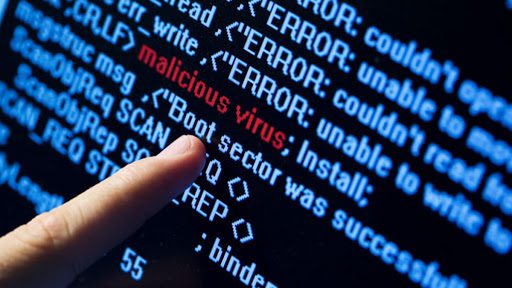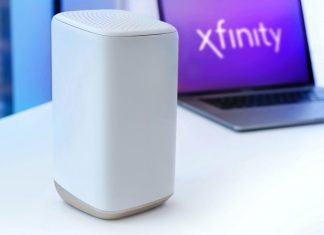Spyware is a powerful and potentially dangerous software that a threat actor can use to invade someone’s security and privacy. However, there is much more to spyware than meets the eye. Here are four myths about spyware, shattered.
Myth #1 Spyware Is Only Used by State-Sponsored Agents
Many people assume that spyware is only used by state-sponsored agents because it sounds like something out of the world of James Bond. Government agents certainly use spyware to snoop on activists, journalists, lobbyists, politicians, and businesspeople. But hackers, corporate thieves, Internet trolls, and even jealous ex-lovers also use spyware to commit pranks, financial crimes, doing, and stalking.
Myth #2 Spyware Only Has Illegitimate Uses
Although spyware is mostly used for illegal purposes, it does have legitimate uses. For example, many organizations install spyware like keyloggers on company computers to prevent corporate theft. They may also use keyloggers to investigate costly mistakes by employees. Of course, ethical companies inform their personnel about any keyloggers on their systems.
Similarly, some parents use keyloggers to monitor their children to keep them safe from online predators. However, this can be an ethical gray area depending on the circumstances.
Myth #3 Spyware Is Easy to Remove
Unlike a computer virus, spyware is challenging to get rid of for various reasons. For one, spyware is usually light and works intelligently. It hides quietly in a corner of your system and may show some of the following rare symptoms:
- Computer slowdowns or crashes
- Webcam activating on its own
- Storage drive running needlessly
- Mysterious new installation folder
It’s a good idea to watch out for red flags because some sophisticated spyware displays very few signs if any. For example, you may have a spyware infection if your private videos, images, emails, etc., are published on a public forum. Likewise, any bank, email, or eCommerce account breaches could be because of spyware.
You must visit the website of a cybersecurity expert to learn how to get rid of spyware from your computers and devices. Additionally, it would help if you had advanced antivirus software that uses machine learning and artificial intelligence to remediate spyware with behavior-based technology.
Remember, spyware and other emerging threats often don’t have known signatures. Typical antivirus software that relies on its database may not clean a spyware infection. However, perceptive cybersecurity software that examines a potential threat’s conduct can proactively stop spyware before it cracks a system’s defenses.
Myth #4 There Is Only One Way to Get Spyware
A typical virus only exists to delete your files, folders and cause destruction. Viruses usually spread through infected files and folders. However, spyware is not your run-of-the-mill malware. You can get spyware through the following sources:
- Backdoors, exploits, and other security weaknesses
- Phishing campaigns that trick you into downloading spyware through a fraudulent website or link
- Trojan horse attacks that offer legitimate programs that hide spyware
- Free software loaded with malware
- Compromised apps on your phone’s legitimate app store
You should contact your financial institution and local law enforcement agencies if you suspect you’re the victim of a cybercrime. With your privacy and security at stake, you must act be proactive yet also reactive.








